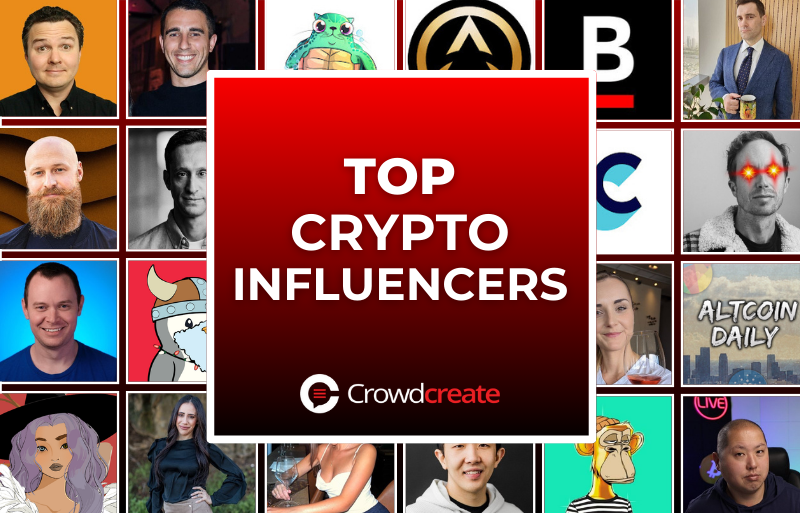The Goals of the Community
A community without a vision to guide it can be cumbersome, ambiguous, and directionless. Of course, you did not bring together all those people to share memes and talk about the topic of the day. To find what your end goal is, you need to closely communicate with your community and team and understand what your guiding purpose should be.
Imagine that you want to build a Decentralized Autonomous Organization (DAO). As an example, we consider AssangeDAO here. Julian Assange was the founder of WikiLeaks. He leaked a lot of information concerning the secret affairs of the USA amongst other leading countries, and he faced persecution as a result. He is currently awaiting a life sentence. The AssangeDAO community was founded around the primary goal of collecting visionaries and freedom of speech activists who are committed to setting Assange free. This being the primary goal of the community, a secondary goal was also created, that of developing a cryptocurrency under the AssangeDAO banner to collect funds to support these efforts.
The AssangeDAO community also has secondary goals like creating NFTs and grooming brand ambassadors who are vocal about liberty and freedom of speech. The point is that the community has a guiding primary goal, and all its secondary goals and activities naturally shoot off from that one primary goal. To build your community, having goals is highly important to moderate discussion and ensure growth. Take a look at this Telegram community and check out how they achieve their goals:
What a Healthy Community Looks like
If you start a Web3 community, there are obviously end goals you want to achieve. It might seem intuitive to get as many members as you can, as fast as you can, to ensure that you have a substantial online presence. This approach may not work, however.
The problem with internet communities is that they are not physical spaces. If you gather hundreds of people in a physical gathering, chances are you will get productive results out of it. If you do the same thing on the internet, people will be demotivated and choose not to share their thoughts in such a huge community. It is very important to keep the community small and pay attention to each member to help groom brand ambassadors and leaders in the community who can carry the vision of your business out into the world.
Smaller communities are healthy because, with fewer members, you can focus on individual growth. Once you have established a good status quo, you can then move on to expanding the community little by little, with the people you have shared your vision with, and who understand your ideas.
Need Crypto Influencers to Drive Your Project Forward?
Crowdcreate is the world's leading influencer marketing agency, helping growing crypto brands access the most impactful streamers and influencers, ready to take their profits to the next level. Contact us today to take your brand to new heights.
Web3 Community
Maturity and Moderation
To make sure that your community matures into something fruitful, it is important to closely monitor your members and their engagement. You have to take into consideration the type of posts and comments that you are getting, the reactions that people are using, and see if a topic has successfully created conversation around itself.
As your community reaches its maturity, you should be prepared to lose some of those hard-earned members. As it happens, this is a part of life, and there’s nothing anyone can do about it. Moreover, this is the point where you might want to consider putting more effort into grooming your ambassadors and giving them certain perks for becoming community leaders and putting the word out there.
You must continuously moderate engagement as well as the behavior of individuals throughout this process. If anyone steps out of the line, reprimand them and remind everyone to keep a light and friendly atmosphere. Do not be afraid to kick out repeat offenders, because they will make the community a toxic place and discourage people from interacting.
Here’s a list of things you might want to discourage in your community:
- Spam
- Fake news
- Abusive language
- Foreign languages
- Disrespect
- Self-promotion
- Demands and information leaks
The Role of Moderators
Moderators are the people who will keep the show running. These are individuals who have insight into the project, give their time to the community every day, and are skilled socially and otherwise. A sense of accountability and a love for conversation go a long way when you’re looking for a good moderator.
Finding moderators in your community can be a challenge, but it is still worth a try. In the early days, you should focus on each individual, and try to learn who they are, where they are from, and what their interests and motivations are for joining your community. Once you have put in the work and picked promising individuals, you will reap the reward in the form of community engagement. Members will soon settle into their newfound role and start contributing more to discussions and moderating any unwanted discussions.
In short, a moderator should have the makings of a leader. They should be kind to all members of the community and should possess great communication skills. They need to be flexible and willing to put in the time and effort to build the community. In your absence, they should be able to handle any issues that arise. And lastly, they should have a creative flair and be procreative in finding new ways to grow the community.









